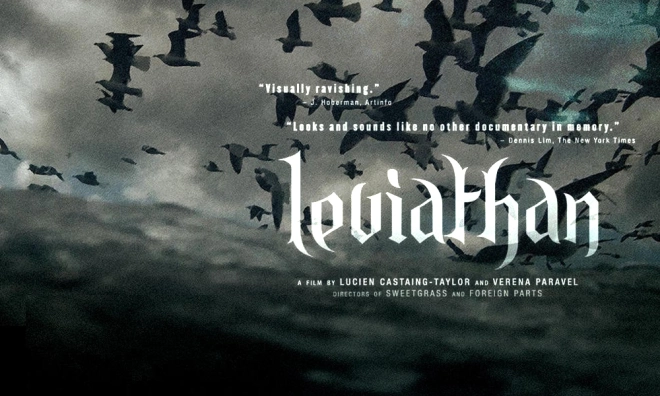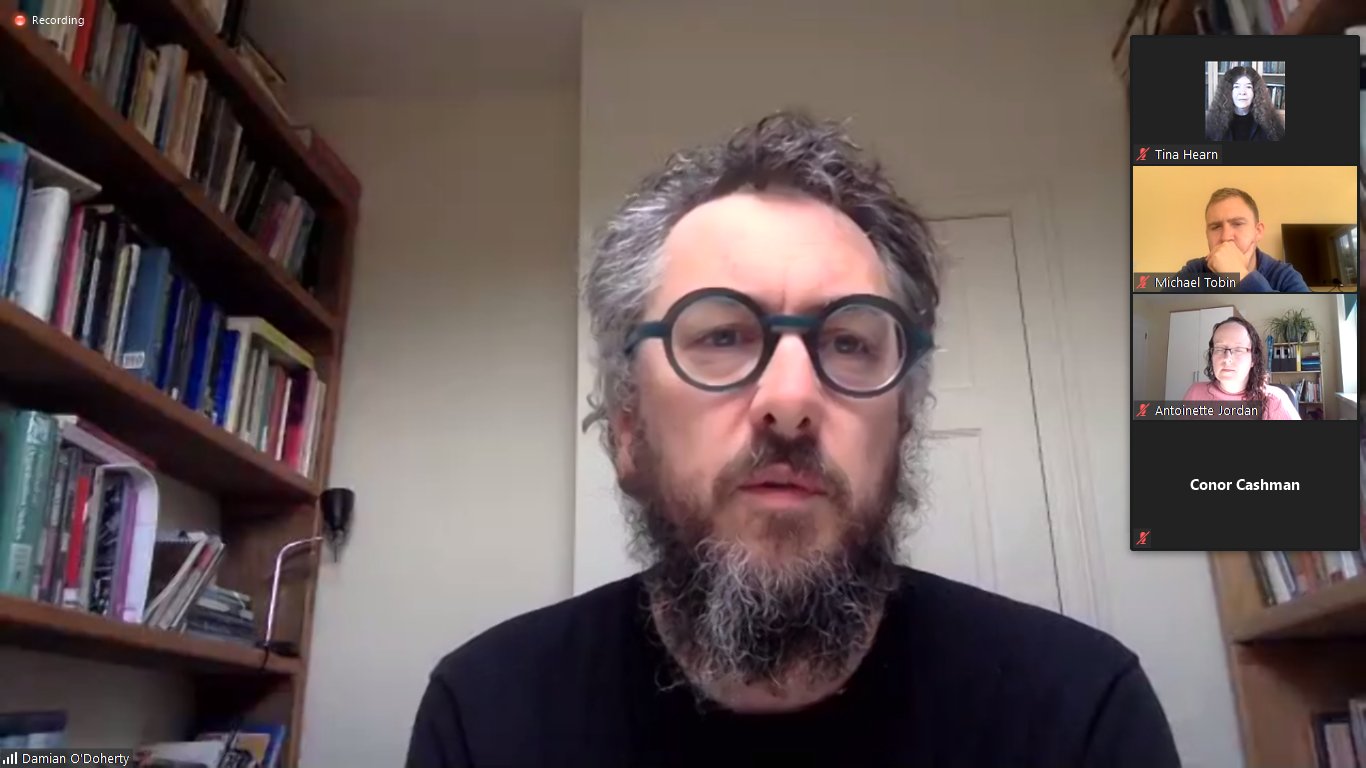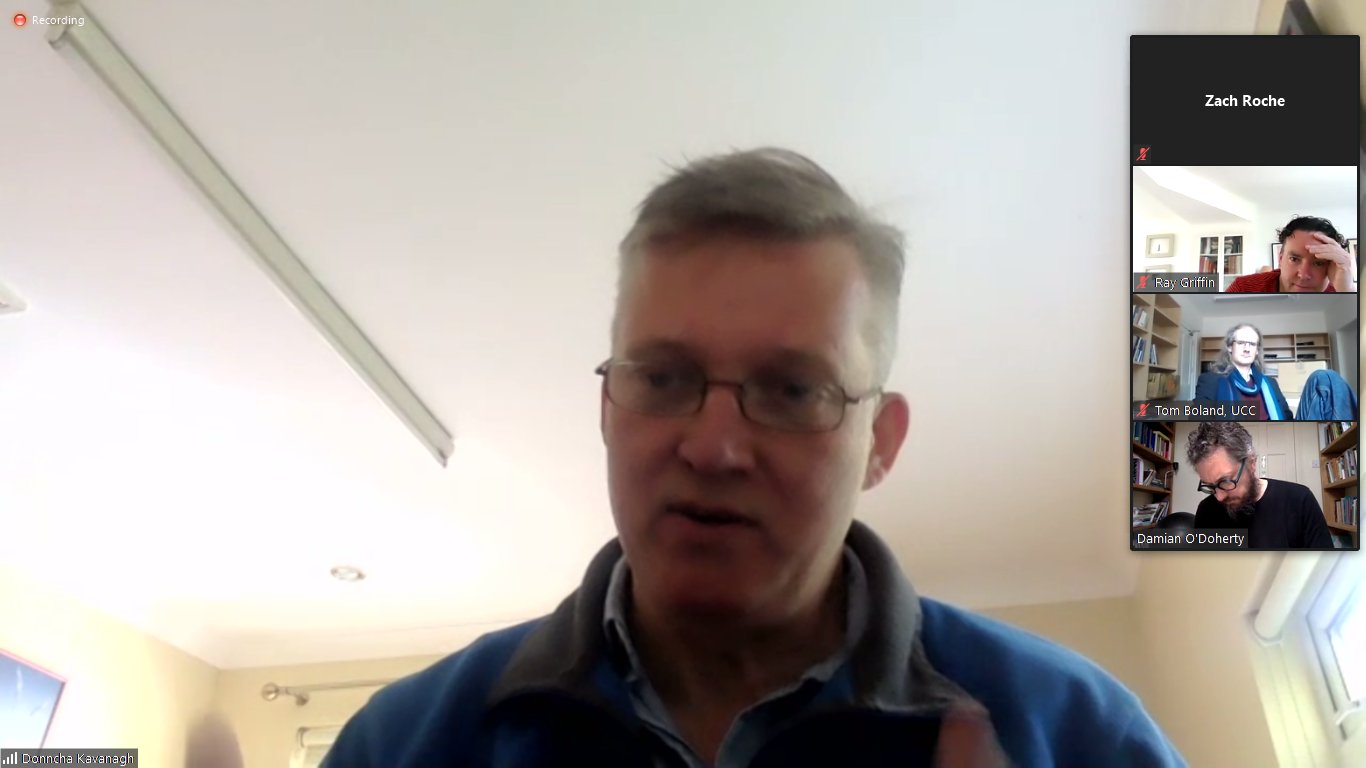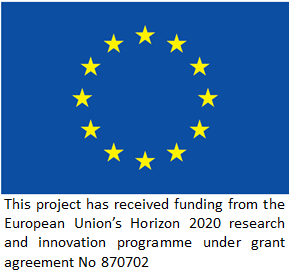Damian O’Doherty – May 10th 20:00 GMT [movie screening] & 11th 10:00 GMT [seminar and discussion] – 2021
Abstract:
The Leviathan of Rationality | As a finale to E+S21, Damian O’Doherty, an E+S stalwart has planned a movie night for us. We plan to gather at 8 o’clock on Monday evening to watch together Leviathan (2012). Damian will offer a short introduction before we roll the movie. We then regroup on Tuesday at 10 am to discuss the movie and Damian’s paper. It is also possible to watch the movie offline in your own time, and then simply join us live for the Tuesday discussion. Email us if you need help navigating the darker parts of the web to find it.
Recap:
Each seminar was recorded and featured one or more readings, please find these below.
Damian’s seminar was to be the last of the Economy & Society Summer School 2021, which marked the first year that we hosted it online. COVID-19 has been difficult and a learning experience for us all as we try to navigate the world at this deeply uncertain time.
We came together on Monday evening (May 10th, 20:00 GMT) to watch the film. Damian prefaced the showing of the movie with a series of brief reflections about it and followed up with a short discussion after the film ended. Then the next morning (May 11th, 10:00 GMT) we rejoined to discuss the film in earnest.

With that in mind it seems only fitting that Damian asked us to watch Leviathan (2012) a movie about the North American fishing industry.

As Damian illustrated throughout his talk, Leviathan is about so much more than just fishing in America. It is an experimental and artistic film that comes at a telling moment in the Anthropocene. It is about loss, and waste and degeneration and difficulty. Leviathan was released in 2012 and shot almost entirely using GoPro cameras. Small cameras that are virtually indestructible. They are so small that they can simply be attached to a piece of Velcro that can be wrapped around one’s head and they can be thrown, hung, go underwater and so on.
/cdn.vox-cdn.com/uploads/chorus_asset/file/19247348/brose_190930_3699_0012.jpg)
This movie is shot almost entirely using GoPro’s which capture the fishermen performing what we can only assume is an average day at work. We hear the clanking of the chains, the rush of the wind, the sloshing of the sea, all of which serve to obscure or impair our vision of what is happening. Damian told us that the use of the GoPro was inspired because many films or documentaries which take place on ships, boats or other vessels use noise cancelling technology so that the conversations of the fishermen can be heard. For Damian, this misses the point, which is that the fishermen on the boat can barely hear one another, and if we can hear them perfectly then we are not experiencing what they experience.
For Damian this film serves as a cautionary tale and reminder of the problems of academia, more specifically the management school, and more specifically again critical management studies. Throughout the movie, we witness tremendous waste, as the fishermen bring their catches onboard and we see them brutally dismembering various kinds of fish, including flatfish which they do by running a very sharp blade along the spine of the flatfish to split it in half. They gut the fish and toss the guts into a specific catchment area and allow the sloshing of the sea to wash the guts back into the ocean.
For Damian this is a commentary on the dangerous prevalence of overfishing in many parts of the world, but more than this the overfishing of academia. Academia is replete with waste and excess, and Damian used the phrase “a priest caste which relies upon others to do labour for us”. We often abstractly comment on the nature of problems facing the world, but we are ill equipped to tackle or solve them. Damian also brought up the irony of academics being incapable of dealing with the challenges they write about – telling a story about a senior environmental management studies scholar who experienced a heat wave in Australia and had no idea how to deal with it other than wait for it to pass.

Damian admitted from the outset that his reading of the film is as an ethnographer, and that he is not trained as a film ethnographer and so he sees the movie through his own lens. He encouraged the participants on our call to comment on the movie through the lens of their own experience.
Tom Boland brought up the attempts to capture the work of academics and how preposterous it would be to film academics in the same manner as the fishermen in Leviathan. It would be an accelerated and sped-up long shot of a person sitting at a computer or laptop, reading various books and papers and writing occasionally, answering emails and so on. Tom also raised the point that many attempts to capture the workload of academics are shallow and have little “true” impact, such as citations of papers or grants won. Tom illustrated this by pointing out how much work has been done on revolution and inequality and yet we are still waiting for the overthrow of capitalism which academics continue to assure us will come any day now.

Donncha Kavanagh brought up a number of points in the discussion, and raised the interesting parallel between the overfishing of the sea and the overfishing of academia. Many academics produce papers because they feel that there is a requirement to do so, rather than because they feel that they have something worthwhile to share. Donncha also inquired to Damian about the theoretical loading in his reading of the movie, as Damian had previously said that while he is watching it through his own lens, that he is not trying to theorise it aggressively as this would fall into the same trap he accuses others of. Damian agreed that the theory is deeply embedded into his reading of the movie, but also stated that he is becoming better at moving beyond theory to a certain extent.
HECAT’s own Antoinette Jordan also asked a question which was based on her own personal experience of having worked on a ferry previously. She told us how the movie made brought up those visceral experiential elements of working on a boat, and how after watching Leviathan that she felt seasick and had to lie down. Damian replied that this is the exact thing that he hoped the movie would convey (though also shared his sympathies for the seasickness!).
Antoinette’s question was about using the film screening as a learning experience for students, particularly students in a business school. His paper talks about the experience of screening the film in a learning environment and allowing students to share their thoughts and reactions. Antoinette wondered how much should the teacher guide this experience. For example the Netflix documentary Coded Bias has a 40-page educational guide to accompany the film, to be used to guide the discussion at film screenings and promote interaction, activism and engagement with the issues raised – produced in cooperation with MIT researchers. Damian noted that guiding the students in some way (maybe not 40 pages) is very important, both before and after the film, as business school students are “all at sea” in a business school learning environment and don’t often have immersive creative learning experiences such as this.
Damian closed the seminar (and indeed E&S 2021) by reflecting on the following extended quote from Nietzsche’s The Gay Science:
“How could we drink up the sea? Who gave us the sponge to wipe away the entire horizon? What were we doing when we unchained this earth from its sun? Whither is it moving now? Whither are we moving? Away from· all
suns? Are we not plunging continually? Backward. sideward, forward, in all directions? Is there still any up or down? Are we not straying as through an infinite nothing? Do. we not feel the breath of empty space? Has it not become colder? Is not night continually closing in on us? Do we not need to light lanterns. in the· morning? Do we hear nothing as yet of· the noise of the grave diggers who are burying God? Do we smell nothing as yet of the divine decomposition? Gods, too. decompose .. God is dead. God remains ·dead. And we have killed him.” The Gay Science, page 125.
Previous seminar: Kieran Keohane – Good Models and Positive Mimesis.
Thank you all for joining us for E&S 2021, we look forward to next year and hope we can meet in person. From the entire organising team we wish you well and hope you enjoyed it.
Best regards to you all from,
Maggie O’Neill
Aisling Tuite
Ray Griffin
Tom Boland
Kieran Keohane
James Cuffe
John O’Brien
Zach Roche
Marie Coffey
